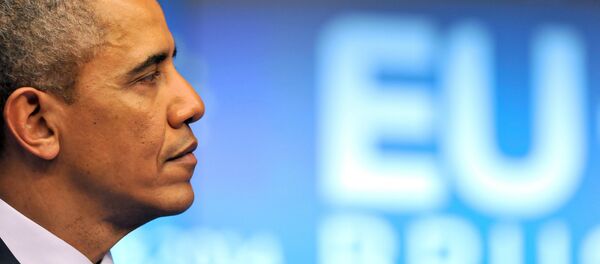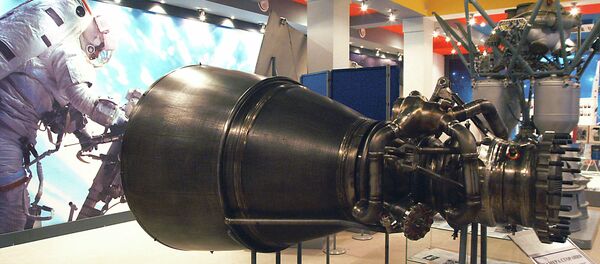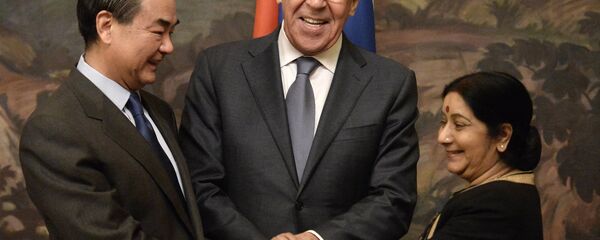America's winner-take-all approach toward Russia was caused Washington's self-declared "victory" in the Cold War in 1989 and following the economic and social collapse of the Russian Federation, the expert narrates.
Unsurprisingly, Bill Clinton turned a deaf ear to then Russian President Boris Yeltsin's notion regarding the US intervention in Russia's longstanding ally Serbia: "Think again, because Russia will be back."
"American behavior towards Russia in the new millennium had been conditioned by a now seriously outdated view of its potential adversary as a failing state lacking in economic might and in social coherence to withstand serious pressure from outside, enjoying unjustified international rights inherited from its Soviet past and having as its only military props an aging strategic nuclear force that would be practically unusable if push came to shove because that would spell national suicide," Doctorow narrates.
Under Vladimir Putin Russia has come back, as great powers usually do, the expert remarks.
Unfortunately, some Washington policymakers still believe that the US can treat Russia from a position of strength.
"From Moscow's point of view, the US is continuing to spread its network of anti-missile systems in Europe and Asia, which the Russians see as a threat to their nuclear force (as does China). And as far as 'reneging' goes, it was the US that dumped the Anti-Ballistic Missile Treaty, not Russia," American journalist and author Conn Hallinan writes in his latest article for CounterPunch.org.
Hallinan underscores that Washington is also pouring billions of dollars into "modernizing" its nuclear weapons and have even gone so far as to propose using ICBMs to carry conventional warheads. "If you see one coming, how do you know it's not a nuke?" the US author asks.
"The most frightening aspect of current East-West tension is that there is virtually no discussion of the subject, and when there is it consists largely of distorted history and gratuitous insults," Hallinan stresses, citing Russian ambassador to NATO, Alexander Grushko, who bemoaned the fact that the continued deployment of NATO armed forces on Russia's borders makes it impossible to have a "meaningful dialogue" with the West.
"We are baiting the bear, not a sport that ever ends well," Hallinan warns.
As tensions between the powers rise, the White House should seek ways to engage with Russia in permanent rather than episodic manners, according to Doctorow.
Doctorow insists that "the judicious use of American power" is the essence of foreign policy realism.
This is "the only approach to international affairs that can save us from needless confrontation and the risk of nuclear war, which is where we find ourselves today," he emphasizes.
"Only when this critical threat has been resolved can we move on to the unquestionable benefits of constructive programs of cooperation between Russia and the United States in peace-keeping and support for political processes in the world's hot spots, in investment and trade, in culture and education, in sports, in science and technology, and in the many other forms of interaction at the level of ordinary citizens which characterized these relations in happier times," the US expert underscores.




